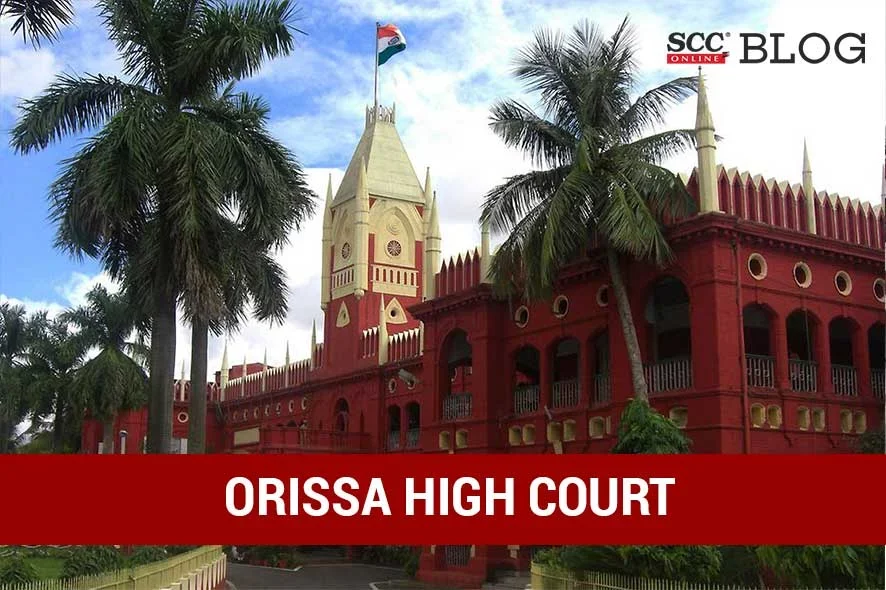Orissa High Court: While hearing a bail application by the accused for offences under Section 20(b)(ii)(C) of Narcotic Drugs and Psychotropic Substances Act, 1985 (‘NDPS Act’), V. Narasingh*, J. allowed the bail application and directed release of the accused. The Court held that a reasonable opportunity should be given to the accused to fulfill the conditions of bail.
In the matter at hand, it was alleged against the accused that a contraband of 100 kgs of Ganja was seized from the vehicle driven by him. The application for bail under Section 439 of the Code of Criminal Procedure, 1973 (‘CrPC’) was dismissed by the Sessions Judge/ Trial Court vide order dated 15-11-2023.
The accused was in custody since 03-04-2023 and 180 days remand period was completed on 29-09-2023 and an application under Section 167(2) of the CrPC was filed seeking default bail. Bail was granted on 03-10-2023, with certain terms and conditions, and when the accused person was complying with the bail conditions, the prosecution filed the charge sheet on the same day. The accused submitted his bail bond on 06-10-2023, but the same was not accepted. The Trial Court viewed that since the accused “having not actually exercised his indefeasible right by filing the bail bonds by that time, the same stands extinguished”. It was submitted by the accused that merely because there was a delay of three days in complying with the bail order, accused’s indefeasible right has been wiped out.
The Court noted that the accused was released on interim bail vide Court’s order dated 28-11-2023 and the same was extended by order dated 12-12-2023, however, he had surrendered.
The Court relied on M. Ravindran v. Directorate of Revenue Intelligence, (2021) 2 SCC 485, whereby it was held that “right to be released on bail cannot be defeated merely because the prosecution files the chargesheet prior to furnishing of bail and fulfil the conditions of bail of furnishing bonds, etc., so long as he furnishes the bail within the time stipulated by the Court.” Further, the Court referred to Rakesh Kumar Paul v. State of Assam, (2017) 15 SCC 67, wherein the Supreme Court restated ‘personal liberty’ as a facet of Article 21 of the Constitution and held, “in matters of personal liberty, the Courts should not be too technical and must lean in favour of personal liberty”. The Court said that reasonable opportunity ought to be furnished to the accused person to fulfill the bail conditions.
The Court perused the bail conditions imposed on the accused and said that no time limit was stipulated by the Trial Court. Hence, upon striking a balance between the right of the accused to be released on default bail and that of the prosecution, the Court held that the three days’ time taken by the accused to comply with the conditions of bail was not unreasonable. Thus, the Court directed that the accused be released on bail on such terms to be fixed by the Trial Court. The Court requested the Trial Court to verify the criminal antecedent of the accused person before release and said that if it comes out that the accused person has any criminal antecedent, this order shall not be given effect to. Further, the Court directed that the accused shall appear before the jurisdictional police station twice every week on such date and time to be fixed by the Trial Court till the conclusion of the trial and the certification of such appearance shall be submitted to the Trial Court.
[Bhisma Behera v. State of Odisha, 2024 SCC OnLine Ori 950, Decided on: 07-02-2024]
Judgment Authored by: Justice V. Narasingh
Advocates who appeared in this case :
For the Accused: Advocate S.K. Bhanjadeo,
For the respondent: ASC H.K. Panigrahi









